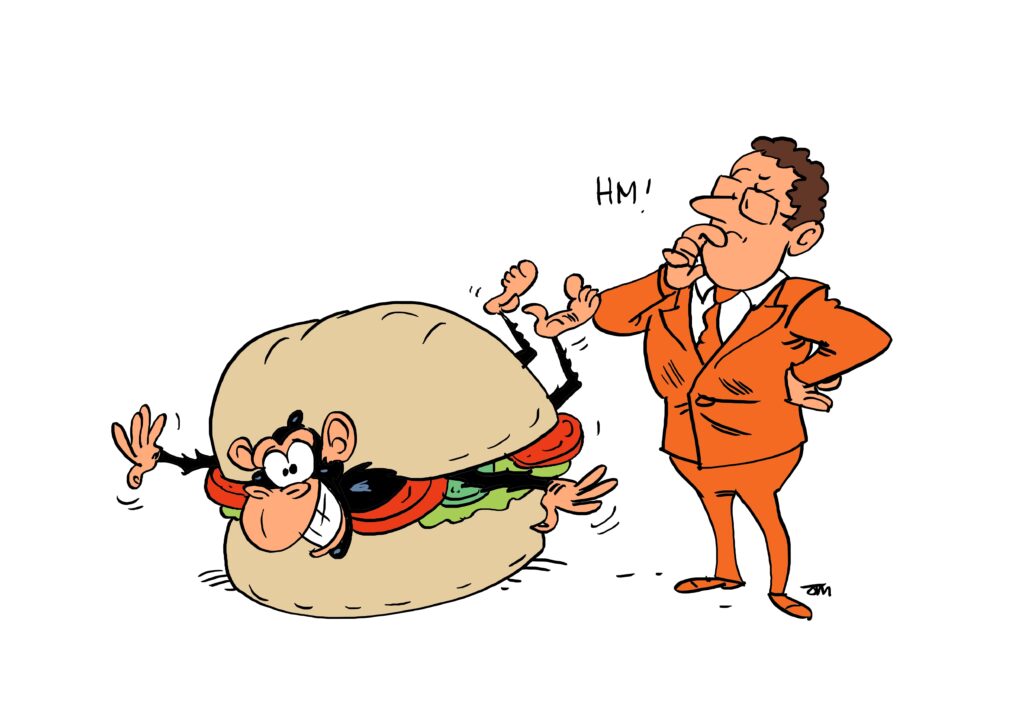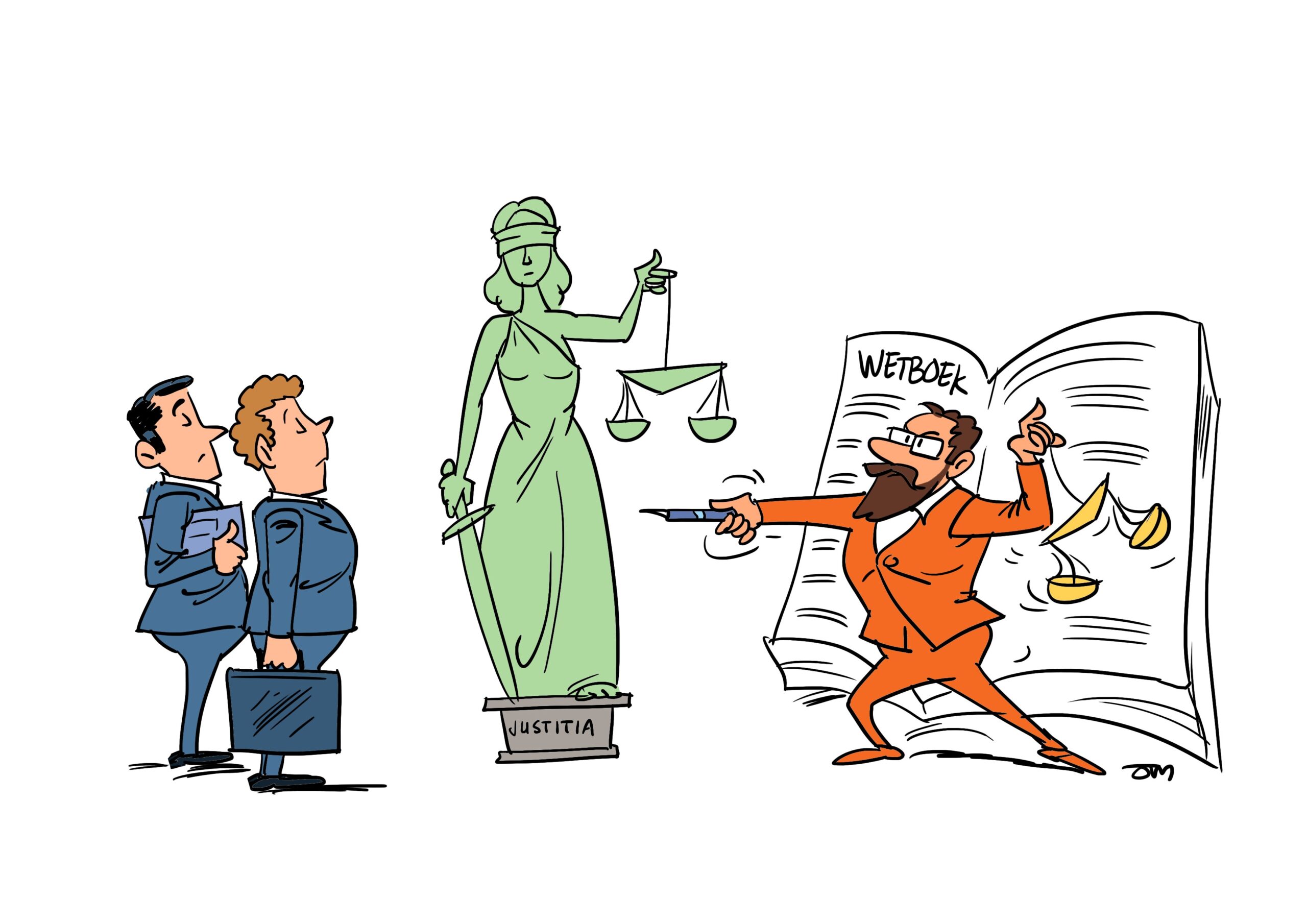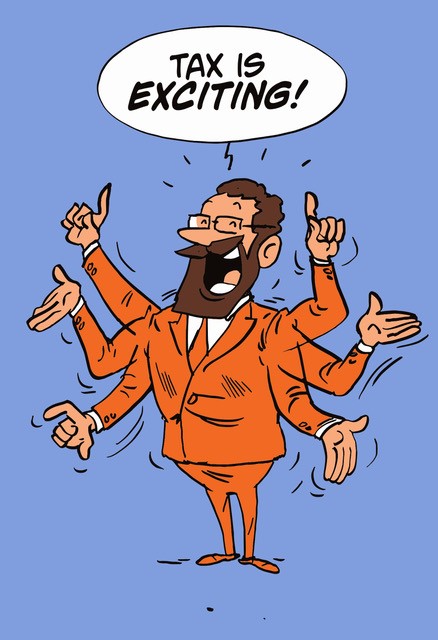The question difference employment versus self-employed is often asked. The tax rates are compared, but not the disability insurance. Compare apples with apples, not with pears.
Difference employment versus self-employed
We have the opinion that this question does not really exist. Either you are an employee or you are a self-employed entrepreneur. It is not a choice.
Having said that, internationals do arrive from abroad. The employer abroad is aware of the Dutch tax rules, very protective for the employees. The employer is a bit hesitant. The international eager to move to the Netherlands does some research and finds that he can also invoice the current employer. The tax is much less, a no brainer you would think.
An employee is not an entrepreneur
The moment the assumed lower taxation is discovered, we are asked about the employment versus self-employed. We are happy to assist, but an employee is not an entrepreneur.
An entrepreneur creates his or her income source, is aware of current clients maybe leaving. The invoice might not get paid. Things like that.
The employee entrepreneur does not have this worry. He or she will have this income, unaware that the income can suddenly stop and no debtor risk. That is not an entrepreneur.
We are proven right the moment the Value Added Tax return had to be done, but was never done, as the employee was not use to file tax returns. In addition the entrepreneurs income tax return is be filed. That is a more complex income tax return, hence more expensive to process income tax return, than the regular one.

The true problem is with the disability insurance
The person making the comparison between being employed in the Netherlands for the foreign employer and being self-employed invoicing this foreign company, only looks at the amount of tax involved.
Indeed, the self-employed person can deduct company costs. This person can claim entrepreneurs deductions such as the entrepreneurs discount, starting entrepreneurs discount and the small business discount. That makes much less income tax is paid being self-employed.
Believe it or not, but even we know life is not only about taxation. If you are employed, the employer pays for the disability insurance and the unemployment insurance. Two insurances you do not have being self-employed. The disability insurance pays for the lack of income you have, when you are for instance hit by a tram. Every day a tourist is hit by a tram in the Netherlands. If you wake up three months later in hospital, who paid for your rent or mortgage?
Disability insurance
The disability insurance provides you with an income during a period you are not able to generate one due to health issues. For instance you have Covid issues, or taken into hospital.
The employer continues your salary payments at least for the first two years. Being self-employed, the client cannot continue to pay you. That would imply is was an employment all along.
Yes, you can take out a disability insurance and here comes the apples and pears correction. To compare being employed versus self-employed, you need to take the costs of a disability insurance into account. An insurance based on EUR 50.000 income per year can easily cost you EUR 10.000 premium per year. That is a tax deductible premium, but still a large amount.
Moreover, an insurance company is an insurance company. The moment the chance arises that a claim can be denied, this will be used. That problem does not arise with employment.
Tax is exciting
We think tax is exciting. Choosing between employment or being self-employed is strange to us. Either you are an employee or you are not. Same for the entrepreneur. The lower amount of tax is often the trigger to the self-employment option.
As much as we think less tax is exciting, there is more to the picture than tax alone. Rights employees have under Dutch rules. The disability insurance the unemployment benefit. All aspects you need to take into account, next to the entrepreneurs obligations. A true comparison will make you choose to be an employee any day.





